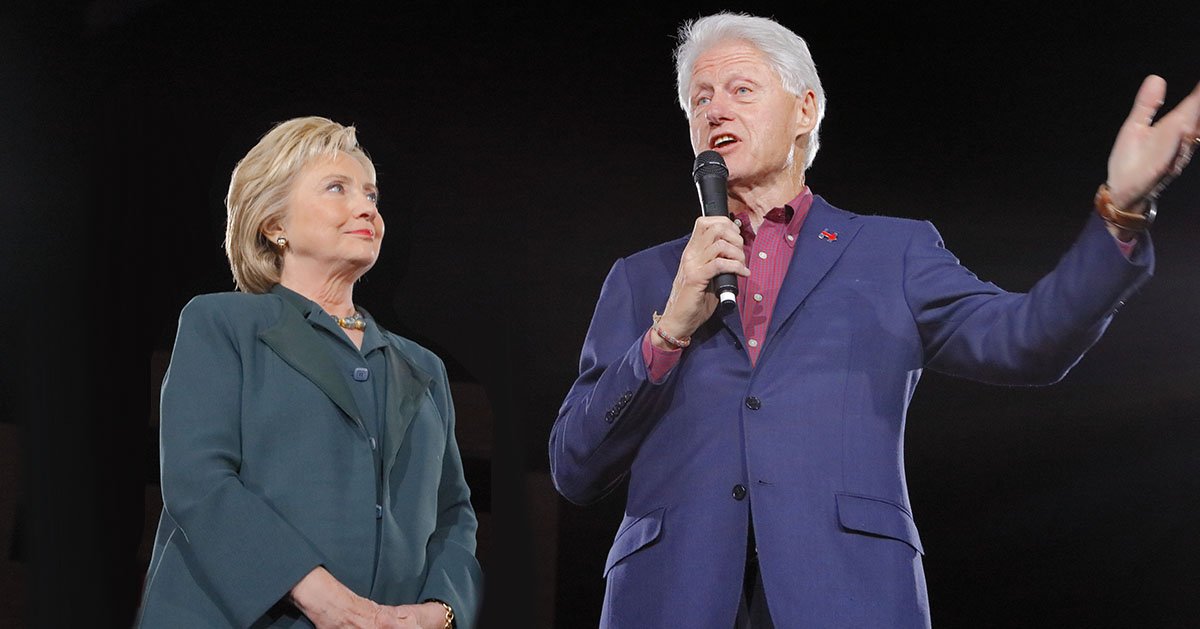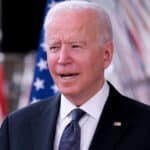
In a bold move ahead of a highly competitive primary, Elbert Guillory, a candidate for the Louisiana House, has explained his transition from a Democrat to a Republican in a newly released campaign ad focusing on historical references and party ideologies.
Fox News reported that Guillory's campaign ad comes just a week before the Louisiana primary, aiming to emphasize the Republican Party's historical support for Black rights, while suggesting the Democratic Party has been ineffective in supporting the community.
Elbert Guillory, a seasoned politician with a past in both the Louisiana House and Senate, has taken a significant step in his current electoral campaign.
Last week, Guillory launched an advertisement illustrating his departure from Democrat to Republican—one he originally made while serving in the Louisiana state Senate in 2013.
In the ad, Guillory asserts that the Republican Party has been a steadfast ally of the Black community while critiquing the Democratic Party's record.
He highlighted the formation of the Republican Party in 1842 grounded in abolitionist movements as a core reason for his alignment. Guillory further reflects on historical points emphasizing that "the Democrats...were the party of Jim Crow" and fought for slave owners' rights.
Another pivotal assertion in his political advertisement includes Guillory referencing Republican President Dwight Eisenhower, who advocated for the Civil Rights Act of 1957, which he claims Democrats in the Senate attempted to block.
The unfolding competitive landscape adds another layer of intrigue. Guillory's current race, categorized as strong for the Democrats by the Cook Political Report, follows district reshaping in 2022, presenting heightened challenges for candidates like him.
Out of five candidates, he is the only one representing the Republican perspective, which could potentially divide the traditional voter base the recent redistricting intended to bolster.
The Louisiana election process, a majority-vote system, intensifies the stakes. Candidates must secure over half the votes to win outright. If no clear winner emerges, a runoff follows between the top two contenders, making Guillory's advertising critical in influencing the public's decision-making.
His critiques extend beyond historical affiliations. Guillory voices concerns about what he perceives as the Democratic Party's portrayal of a large government role in ensuring social justice, which he equates with a desire for control.
"At the heart of liberalism," he comments, pushing the notion that supposed support programs could inadvertently bind communities. Guillory argues that initiatives like welfare and food stamps are seen by some as mechanisms for domination rather than means of emancipation.
Reflecting further, he specifically criticizes the approach suggesting that government aid, whether aimed at Black Americans or any group, undermines self-sufficiency. "The idea that Blacks...need the government" is a notion he finds detestable, viewing it as demeaning to individual progress and integral dignity.
The election scenario is becoming increasingly dynamic. With the primary right around the corner, Guillory's advertisement is released at a strategic moment.
Diversifying the field with his Republican presence, he pushes to encapsulate not only the historical but also practical and ideological motivations behind his switch, encouraging voters to reevaluate entrenched paradigms.
Guillory’s history as a veteran legislator contributes to this narrative. Having served in the Louisiana House from 2007 to 2009 and further on in the state Senate until 2016, his tenure provides a backdrop to his decision to switch allegiance back in 2013. Understanding this background gives context to his latest campaign efforts and his continuous engagement in state politics.
The omission of Guillory's insights provides a window into the broader dialogues that political candidates encounter when navigating public perception and historical narratives in campaigns.
His vocal stance, broadcasted mere days before voters head to the polls, plays a crucial role in shaping both his political journey and his potential electoral outcomes.
Strategic timing slots into an election riddled with competitive pressure. By announcing his reflections now, Guillory aims to place his narrative firmly within voter consciousness, fighting against a backdrop of environment tilt influenced by the district's recent geographic and demographic evolution.
In his drive, Guillory not only presents his own ideological transformations but sideline potential incumbents focused on traditional platforms.
His campaign becomes not solely an appeal to vote but a broader statement on the evolving political undercurrents that challenge historic voting patterns and reflect deeper societal shifts.
Overall, as the primary approaches, Guillory's move symbolizes more than just a skirmish for votes; it is a call for broader reflection on historical legacies, present-day party expectations, and the direction future political engagement should look to steer.



